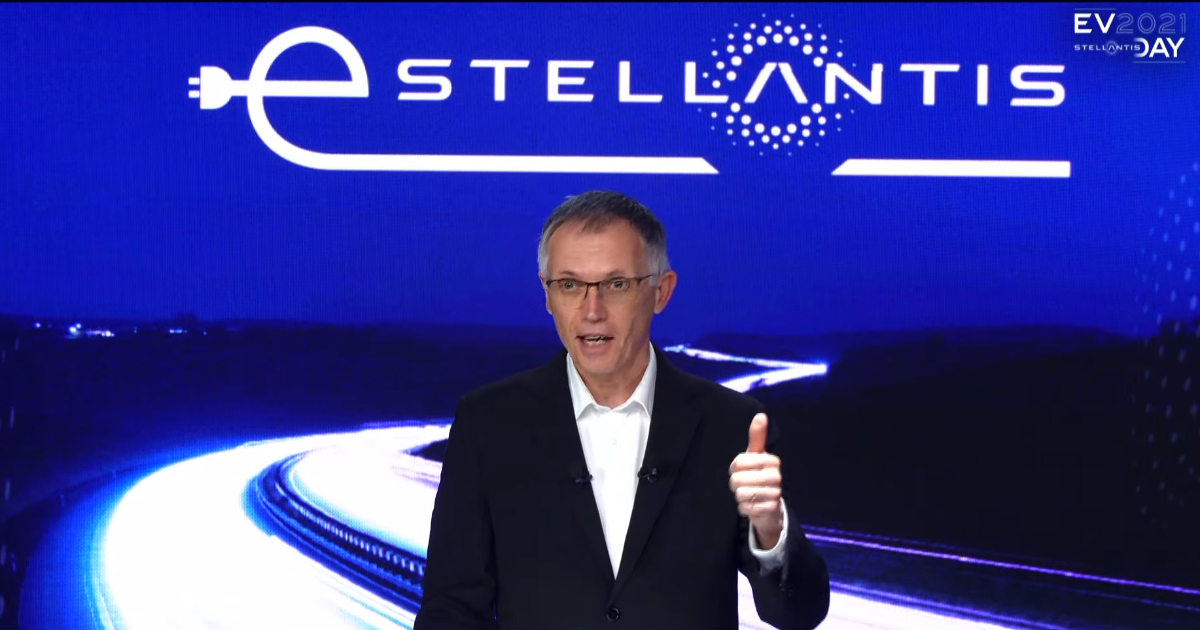“We have regular contact with the government, we have already said that if electrification it will not come sustained there will be an impact on growth of the electric car market and this would generate others consequences“. What the consequences are is not explicit. But the words delivered by the CEO of Stellantis Carlos Tavares a Republic, controlled by the holding Exor of the family Agnelli who is also the main shareholder of Stellantis, are quite clear. The government is warned: it is better to propose the incentives for the purchase of electric cars – which instead the Budget law just approved does not provide – or, it seems to understand, the Italian factories will suffer the repercussions. That from 2017 to 2021, according to the data just released by the end cisl, they saw the production of cars collapse by 45%.
It must be said that it is the same question as Republic, photocopy of the one that appears in the interview published by the twin Press of Turin on the occasion of the Stellantis-Amazon agreement, to anticipate the obvious course of action: “You will do pressures on the government to avoid the risk of a drop in sales? ”. The answer of course is yes. A step back: Stellantis as it is known was born from the merger between A dog e Fca, who in the race for the electric car had started with serious delay given that the former CEO Sergio Marchionne he was skeptical and wary to say the least about zero-emission vehicles. Tavares in recent months, and in particular after the presentation of the EU Fit for 55 plan which requires all cars registered from 2035 are a emissions zero, threw himself with no holds barred against the “forced electrification” feared in no uncertain terms consequences on the workplace. Now it seems to suggest an alternative: yes to electric but let the states pay.
“The technologies for the electric car currently have a cost higher than 50 percent compared to traditional ones ”, is his reasoning. “Obviously we can’t overturn in full this cost on consumers, especially on the middle class, because they would stop buying. At the same time we cannot trade at a loss, because we would be forced to restructure the activities and this would have significant social repercussions“. Therefore? “We need some time, because we will be able to absorb the costs by 2025-2026. This means that for the next five years it would be good for governments to support sales with aid, so that even middle-class people can benefit from the advantages of clean and sustainable mobility ”.
